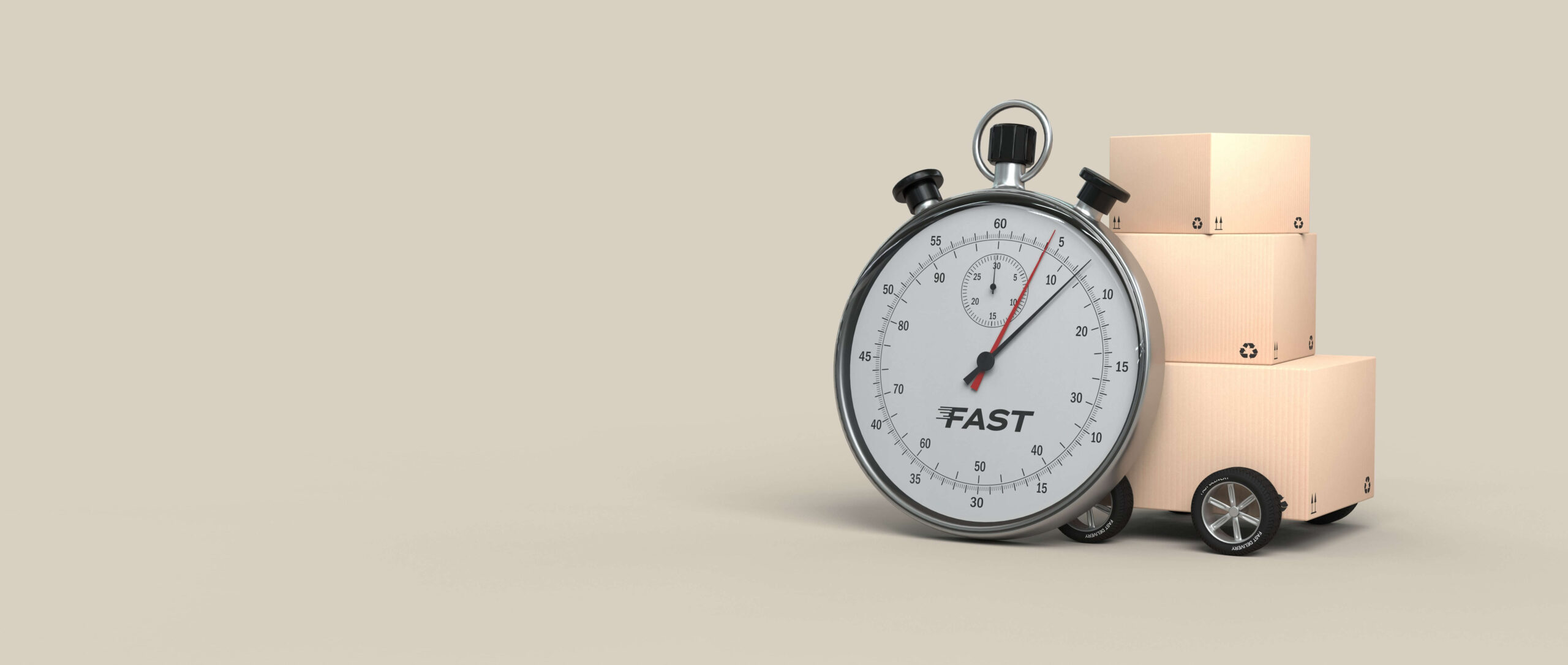City Flex warehouses: tailored to deliver

Warehouse market shows no signs of slowing down. Despite the COVID-19 pandemic turmoil, warehouse and logistics properties draw wide interest from both tenants and investors, which cannot be said about the retail or office segments.
It is mainly the operations of flourishing e-commerce sector, for which urban locations remain to be crucial, that stands behind fuelling warehouse sector.
The so-called 'last mile'the – last logistic leg of the delivery to end customer – had been vital for e-commerce industry long before the coronavirus pandemic hit
says Paulina Kozłowska
Leasing Manager at 7R
“The pandemic accelerated some trends that had been observed for some time. Customers are increasingly demanding when it comes to shortening delivery times, and a location within city borders guarantees faster order fulfilment. In addition, e-commerce transforms more and more market segments. For example, the lockdown-induced online growth of grocery segment was an interesting turn of events,” Paulina Kozłowska explains.
Not only e-commerce
Nonetheless, the tenant structure for warehousing properties located in cities is much more complex. There is an active group of tenants for whom the attractiveness of a city location gets determined by other factors as well. This group includes some companies that want the customer to be able to reach them as quickly as possible, unlike the tenants focused on urban logistics. There are also companies which prioritize certain level of access to the public transportation for their employees.
“Our project on ul. Osmańska in Warsaw, which is located nearby the airport while, on the other hand, being placed adjacently to an office complex, is a very good example. Perfectly connected with the rest of the city, it does not generate any problems for employees with commuting to and from work,” says Paulina Kozłowska. “Quick access to an expressway or motorway can be of equal importance,” she adds.
“When 7R’s City Flex initiative debuted, we expected tenants to be mostly logistics and distribution companies,” Paulina Kozłowska says. “But our projects on ul. Osmańska and ul. Działkowa in part went against this assumption. Today, these properties mostly attract customers with very high requirements for hall equipment. I would not shy away from calling the projects small BTSs in an urban agglomeration,” she elaborates.
Location, location, and again, location
City Flex locations require early and suitable planning, from as early as the construction phase. Apart from carefully selecting the plot, it is also necessary to carefully analyse the surroundings and potential customer base.
“This stage is essential for supporting the development of a city warehouse project,” says Kozłowska. “We carefully examine the location, so we are able to market the project to the right tenant at the later stage. In case of BTS projects, we similarly work with our clients on choosing the right spot,” she continues.
City Flex bets on green solutions
With every year, warehousing tenants in city locations become increasingly demanding. Customer awareness is on the rise, as shown by the number and range of solutions aimed at boosting operational and environmental efficiency in this type of projects.
7R, a Polish developer, uses many more innovative solutions of this type and aims to set new trends.
“All our new buildings are being equipped with LED lighting (the DALI protocol), this has become a standard for 7R. Also, every new project is delivered with a photovoltaic installation and a charging point for electric vehicles,” Paulina Kozłowska points out.
Not only customers ask about innovations, but they also even expect the developer to provide them, That is why at 7R, on the top of standard market solutions, we use many others, such as destratification fans, which allow for the use of warm air accumulated at the highest levels of the warehouse hall for heating the entire building. We also use the PIR technology when insulating our buildings, which provides us with a better thermal transmittance rate than the currently widely used mineral wool. This is not yet a standard on the Polish market.
adds Paulina Kozłowska






